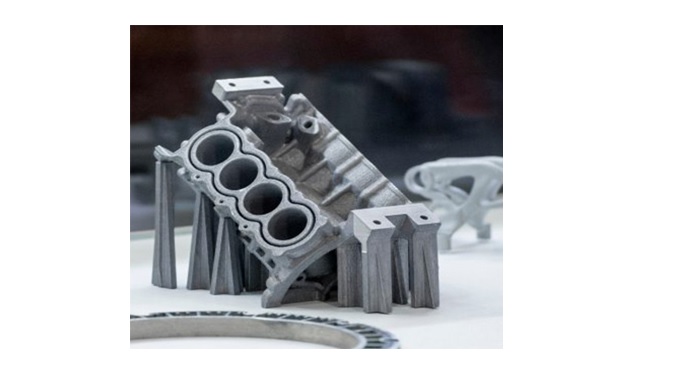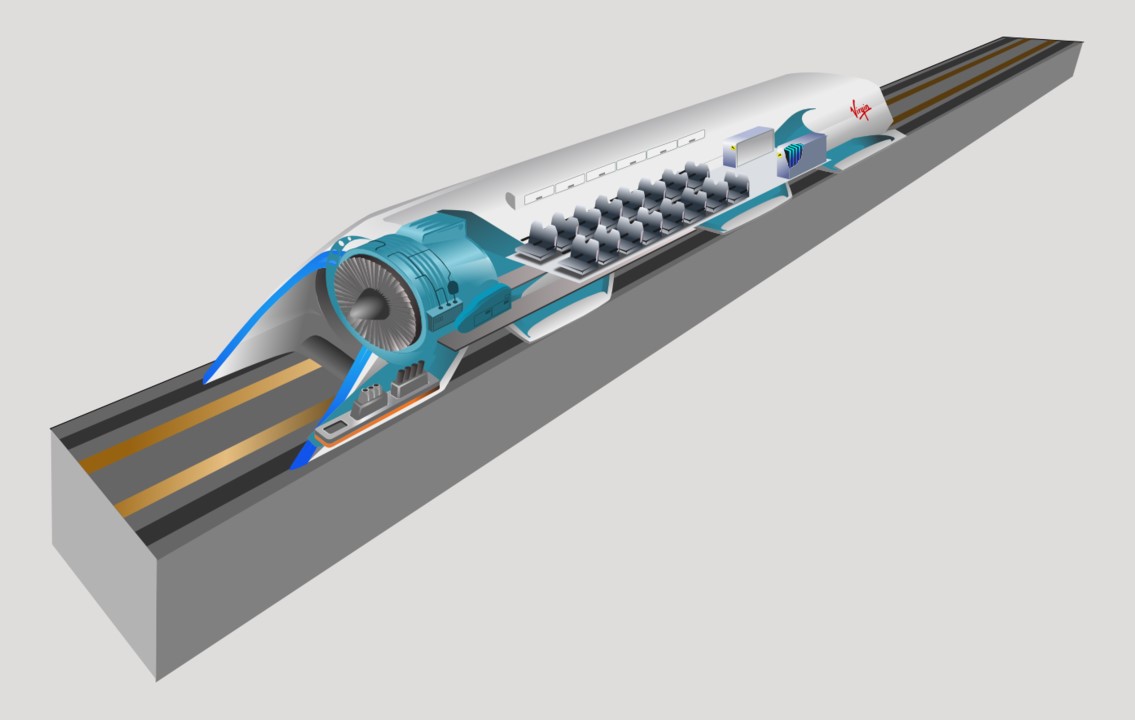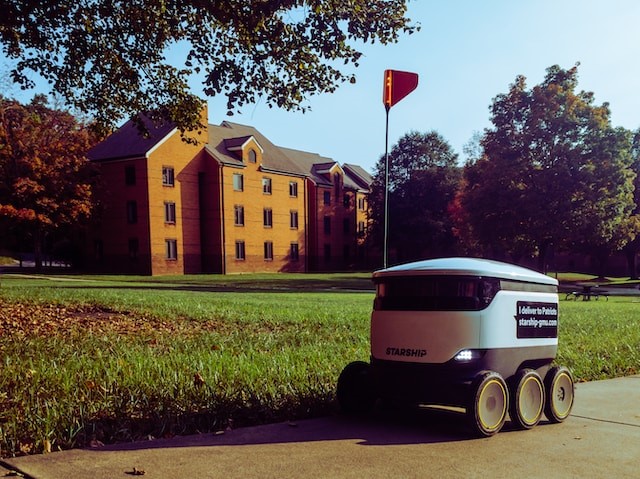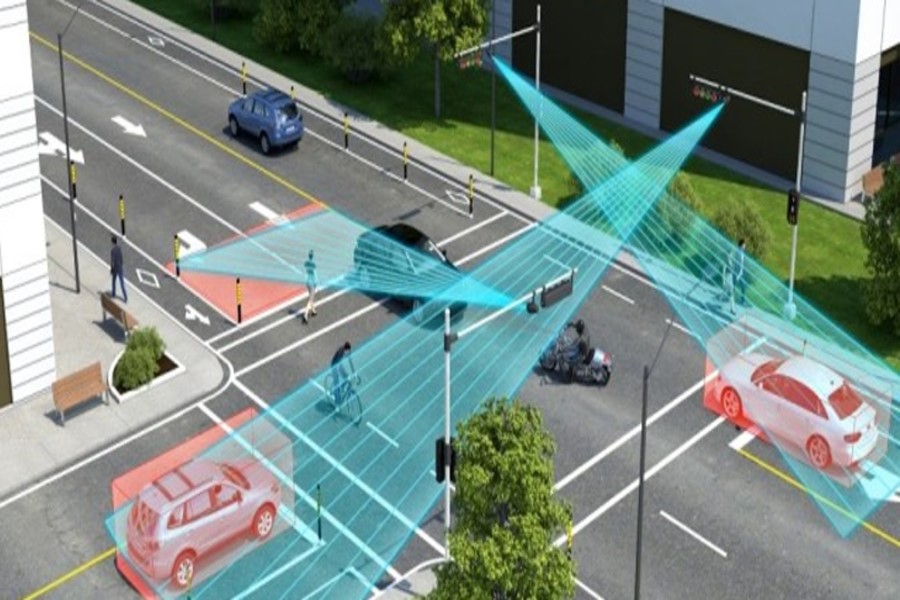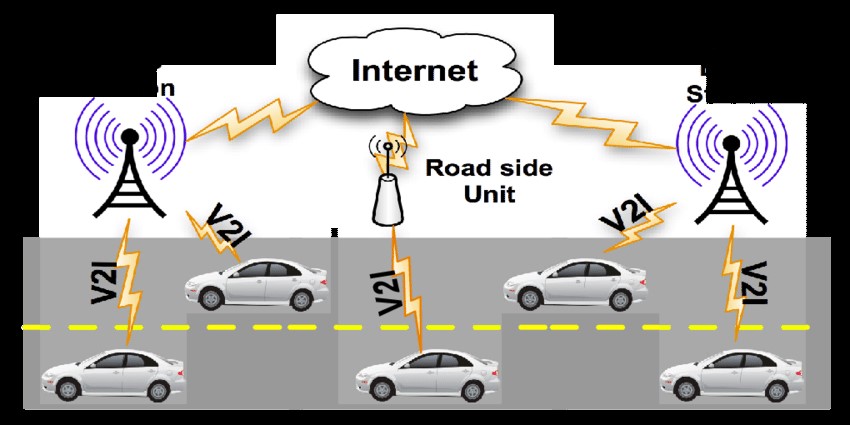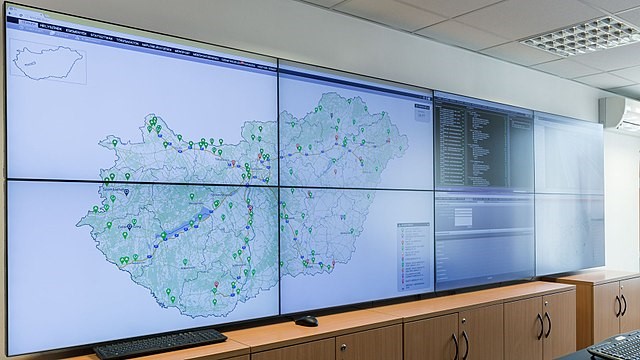Hydrogen Fuel Cell Vehicles
Hydrogen fuel cell vehicles are a type of zero-emission vehicle that use hydrogen gas as fuel to power an electric motor. The fuel cell in the vehicle combines hydrogen and oxygen to produce electricity, water, and heat. The electricity produced powers the vehicle's electric motor, which propels the vehicle forward. Hydrogen vehicles include hydrogen-fueled space rockets, as well as ships and aircraft. [1]

Figure 1. Hydrogen fuel cell vehicles [3]
Hydrogen Cars Currently Available
Figure 1 shows Hydrogen fuel cell vehicles. Since 2015, three hydrogen -powered cars have been offered for sale from three different car companies: the Honda Clarity Fuel Cell, the Hyundai Nexo SUV, and the Toyota Mirai. But Honda has now ended production of all models of the Clarity, and Hyundai has sold fewer than 1500 Nexo SUVs thus far. Toyota, the company most devoted to hydrogen power as an alternative to battery-electric vehicles, has sold roughly 10,700 Mirai sedans across two generations in the U.S.—though in some periods it resorted to substantial discounting to move them. (Honda does not break out sales of its Clarity Fuel Cell model from the plug-in-hybrid and battery-electric Clarity versions.) [2]
Advantages of hydrogen fuel cell vehicles include:
Zero emissions: Hydrogen fuel cell vehicles emit only water vapor, making them a very clean form of transportation.
High efficiency: Hydrogen fuel cell vehicles have a high energy efficiency compared to conventional gasoline vehicles.
Quick refueling: Hydrogen fuel cell vehicles can be refueled quickly, typically in less than 5 minutes, which is similar to the time it takes to refuel a gasoline vehicle.
Long range: Hydrogen fuel cell vehicles have a longer range than battery electric vehicles, making them more suitable for longer trips.
Versatility: Hydrogen can be produced from a variety of sources, including renewable sources such as wind and solar power, making it a versatile fuel source.
However, there are also several challenges associated with hydrogen fuel cell vehicles, including:
Limited refueling infrastructure: The infrastructure for hydrogen refueling is still limited, which makes it difficult for hydrogen fuel cell vehicle owners to find refueling stations.
High cost: Hydrogen fuel cell vehicles are currently more expensive than conventional gasoline vehicles or battery electric vehicles.
Safety concerns: Hydrogen is a highly flammable gas, and there are safety concerns associated with storing and transporting it.
Energy inefficiency: The production of hydrogen requires a significant amount of energy, and the process of transporting and storing hydrogen can result in energy losses.
Despite these challenges, many automakers are continuing to invest in hydrogen fuel cell technology, and the use of hydrogen as a fuel source is seen as a promising way to reduce greenhouse gas emissions from transportation.
References:
- https://en.wikipedia.org/wiki/Hydrogen_vehicle
- https://www.caranddriver.com/features/a41103863/hydrogen-cars-fcev/
- https://afdc.energy.gov/vehicles/how-do-fuel-cell-electric-cars-work
Cite this article:
Hana M (2023), Hydrogen Fuel Cell Vehicles, AnaTechMaz, pp.126


